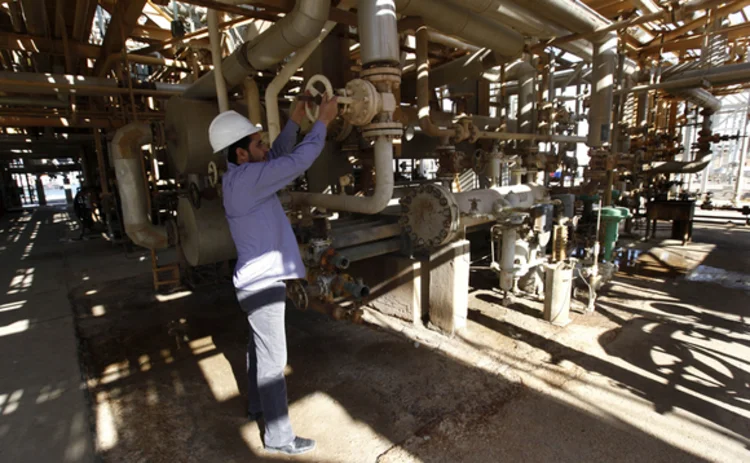
Libya and beyond: legal implications of force majeure
Civil unrest in Libya continues to have a major impact on commodity traders with interests in the country. Andrew Ridings and Darren Wall discuss the issues facing traders and examine the legal implications

While ongoing civil unrest in Libya may have a minimal long-term impact on global oil prices – the country only produces 2% of the global oil supply – it has a significant impact on commodity traders with interests in the county. They are now facing a number of practical difficulties due to the fluid nature of the crisis.
This article focuses on some of these difficulties, and examines the legal
Only users who have a paid subscription or are part of a corporate subscription are able to print or copy content.
To access these options, along with all other subscription benefits, please contact info@risk.net or view our subscription options here: http://subscriptions.risk.net/subscribe
You are currently unable to print this content. Please contact info@risk.net to find out more.
You are currently unable to copy this content. Please contact info@risk.net to find out more.
Copyright Infopro Digital Limited. All rights reserved.
As outlined in our terms and conditions, https://www.infopro-digital.com/terms-and-conditions/subscriptions/ (point 2.4), printing is limited to a single copy.
If you would like to purchase additional rights please email info@risk.net
Copyright Infopro Digital Limited. All rights reserved.
You may share this content using our article tools. As outlined in our terms and conditions, https://www.infopro-digital.com/terms-and-conditions/subscriptions/ (clause 2.4), an Authorised User may only make one copy of the materials for their own personal use. You must also comply with the restrictions in clause 2.5.
If you would like to purchase additional rights please email info@risk.net
More on Risk management
We’re gonna need a bigger board: geopolitical risk takes centre stage
As threats multiply, responsibility for geopolitical risk is shifting to ERM teams
At BNY, a risk-centric approach to GenAI
Centralised platform allows bank to focus on risk management, governance and, not least, talent in its AI build
CROs shoulder climate risk load, but bigger org picture is murky
Dedicated teams vary wildly in size, while ownership is shared among risk, sustainability and the business
‘The models are not bloody wrong’: a storm in climate risk
Risk.net’s latest benchmarking exercise shows banks confronting decades-long exposures, while grappling with political headwinds, limited resources and data gaps
Climate Risk Benchmarking: explore the data
View interactive charts from Risk.net’s 43-bank study, covering climate governance, physical and transition risks, stress-testing, technology, and regulation
ISITC’s Paul Fullam on the ‘anxiety’ over T+1 in Europe
Trade processing chair blames budget constraints, testing and unease over operational risk ahead of settlement move
Cyber insurance premiums dropped unexpectedly in 2025
Competition among carriers drives down premiums, despite increasing frequency and severity of attacks
Op risk data: Kaiser will helm half-billion-dollar payout for faking illness
Also: Loan collusion clobbers South Korean banks; AML fails at Saxo Bank and Santander. Data by ORX News








